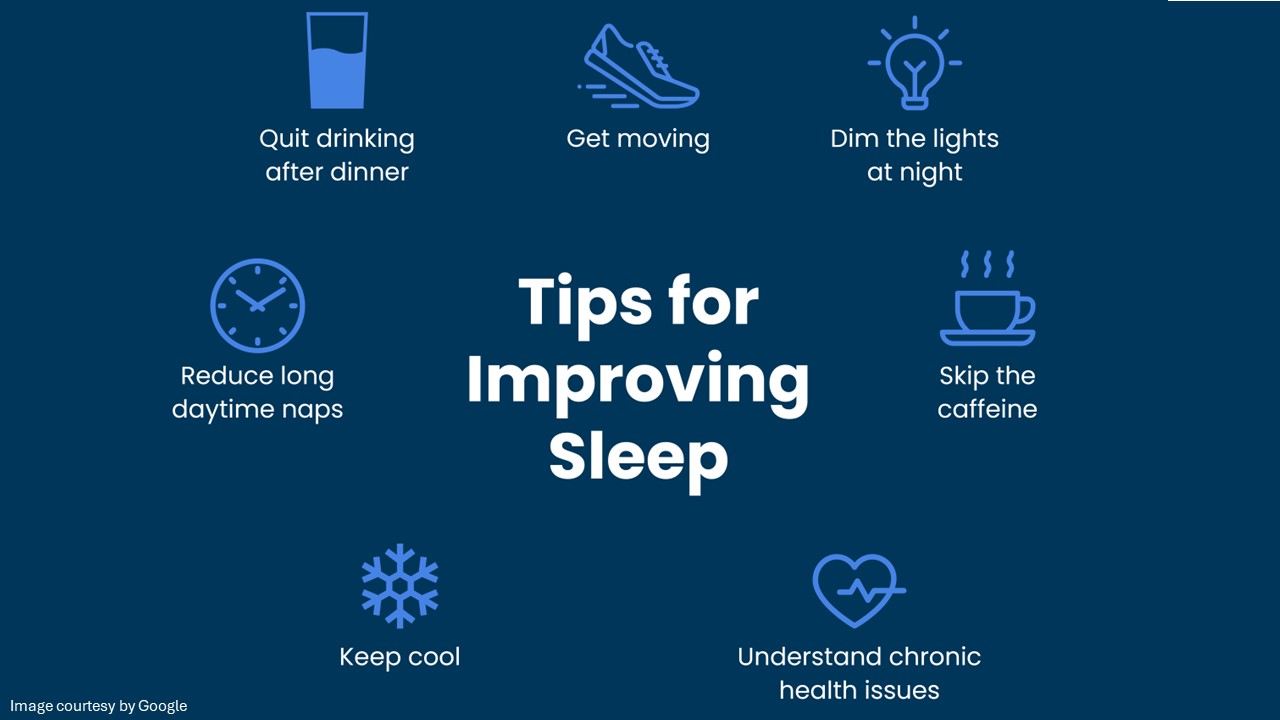Sleep is an important part of our health and life, and not getting proper sleep can cause various problems. After hectic schedules and enormous workloads, people require a full 8 hours of sleep. A sound sleep is impossible between work, commuting trips, family, and household chores. Lack of sleep can greatly impact your health.
Common sleep disorders:
Sleep disorder is a condition in which a person cannot get proper sleep and, as a result, can cause daytime sleepiness and dysfunctions in various activities. An estimated 70 million Americans suffer from sleep disorders. Some of the disorders of sleep include:
- Sleep apnea is a serious sleep disorder that occurs when a person’s breathing is interrupted during sleep. There are two types of sleep apnea: obstructive and central. Obstructive sleep apnea (OSA) is more common than other types. It is caused by a blockage of the airways at the back of the throat. In central sleep apnea (CSA), the brain fails to tell the body to breathe.
- Insomnia – Insomnia is a sleep disorder in which people have difficulty falling asleep. Having daytime problems such as sleepiness, mood swings, fatigue, and concentration problems are some of the common symptoms that are caused by insomnia. Generally, insomnia condition is only justified by how long it lasts and how often it occurs. An estimated 50 percent of adults experience occasional bouts, and 1 in 10 have chronic insomnia.
- Sleep deprivation—This sleep disorder is a condition of not having enough or proper sleep and can be acute or chronic. Many Americans are sleep-deprived and may experience fatigue, clumsiness, and weight gain or loss. Moreover, sleep deprivation adversely affects the brain and cognitive functions. Chronic sleep deprivation seriously affects memory, coordination, and attention. Some other consequences also include mood swings and the inability to concentrate.
Sleep disorders may affect a person’s ability to carry on proper activities. Sleep deprivation also affects a person’s memory, appearance, weight, and overall health. Moreover, there are various other disadvantages of lack of sleep, which are as follows:
- Decreased performance and alertness – Sleep deprivation may lead to significant reductions in performance and alertness. Various research has reported that if a person reduces his/her nighttime sleep by one and a half hours for just one night, it could reduce daytime alertness by 32%.
- Less sleep causes accidents – Deprivation in sleep is regarded as one of the biggest disaster factors in history. It is a fact that lack of sleep affects your safety every day on the road. Less sleep at night causes drowsiness the next day, which is enough to slow down your driving time, which is equivalent to when you are drunk while driving. A study conducted by the University of America shows that fatigue causes 100,000 car accidents and 1,500 deaths a year in the United States alone.
- Decreased optimism and sociability—Various studies have proven that sleep deprivation makes people less hopeful and less friendly.
- Lack of sleep causes depression – Sleep deprivation significantly increases symptoms of depression. Research conducted on various people who suffered from anxiety or depression was asked to calculate their sleeping habits. This research revealed that most patients slept less than six hours at night.
- Skin damage—Lack of sleep results in puffy eyes and sallow skin. If you do not get proper sleep at night, your body will damage your skin by producing more cortisol, which breaks down the protein in the skin that keeps it elastic and smooth. Moreover, if a person is a regular partner of sleep loss, skin damage may become permanent, and dark circles under the eyes may develop.
- Forgetfulness—Sleep deprivation leads to forgetfulness. American and French researchers explain that brain events known as “sharp wave ripples” help consolidate memory and make things easier to access and recall. Sharp wave ripples transfer short-term information into the neocortex and hippocampus, where it becomes long-term knowledge, and this transference occurs during the sleep cycle. So, cutting out a lot of deep sleep can hurt long-term memory and lead to excessive forgetfulness.

- Losing sleep makes you gain weight – Lack of sleep leads to increased hunger and appetite and possibly obesity. It has been published in a study that people who sleep less than six hours a day are 30 percent more at risk of being obese than those who sleep seven to nine hours.
- Reduce libido or sex desire – It is a fact that lack of sleep reduces libido and leads to sexual dysfunction. These risks happen due to energy depletion, drowsiness, and rising tension. A report published in the journal showed that almost all people who suffer from sleep apnea have lower testosterone levels.
- Serious health problems – Chronic stages of sleep deprivation increase the risks of heart disease, high blood pressure, heart attacks, heart failure, stroke, and diabetes.
Various natural aids to beat insomnia:
It’s not a matter of concern that you suffer from occasional sleepless nights, but it will be a matter of concern if insomnia impairs daily functioning. Insomnia is the inability to sleep. Below are various natural aids that may help you:
- Meditation – Meditation is the best regular practice, which may help people promote their sleep by slowing breathing and reducing stress hormone levels. Meditation is a technique that helps relax the body and calm the mind. People can perform some types of meditation, which include vipassana meditation, yoga nidra, or body scan.
- Yoga is a basic and simple process of reversing the ordinary outward flow of energy. It helps relax and heal the body, which in turn helps people sleep efficiently.
- Food and diet – You can increase your levels of sleep by cutting down the intake of caffeine, alcohol, and nicotine because these have a pronounced effect on sleep, causing insomnia and restlessness. Sugar intake can cause uneven blood sugar levels that may disrupt sleep in the middle of the night as the sugar levels fall in the body. So, to avoid sleepless nights, you should reduce your sugar intake levels.
Max Jones
Latest posts by Max Jones (see all)
- How to Revive Your Sex Life - October 27, 2023
- Smoking and Asthma - October 20, 2023
- 10 Causes Of Erectile Dysfunction You Probably Didn’t Know About! - June 29, 2023




